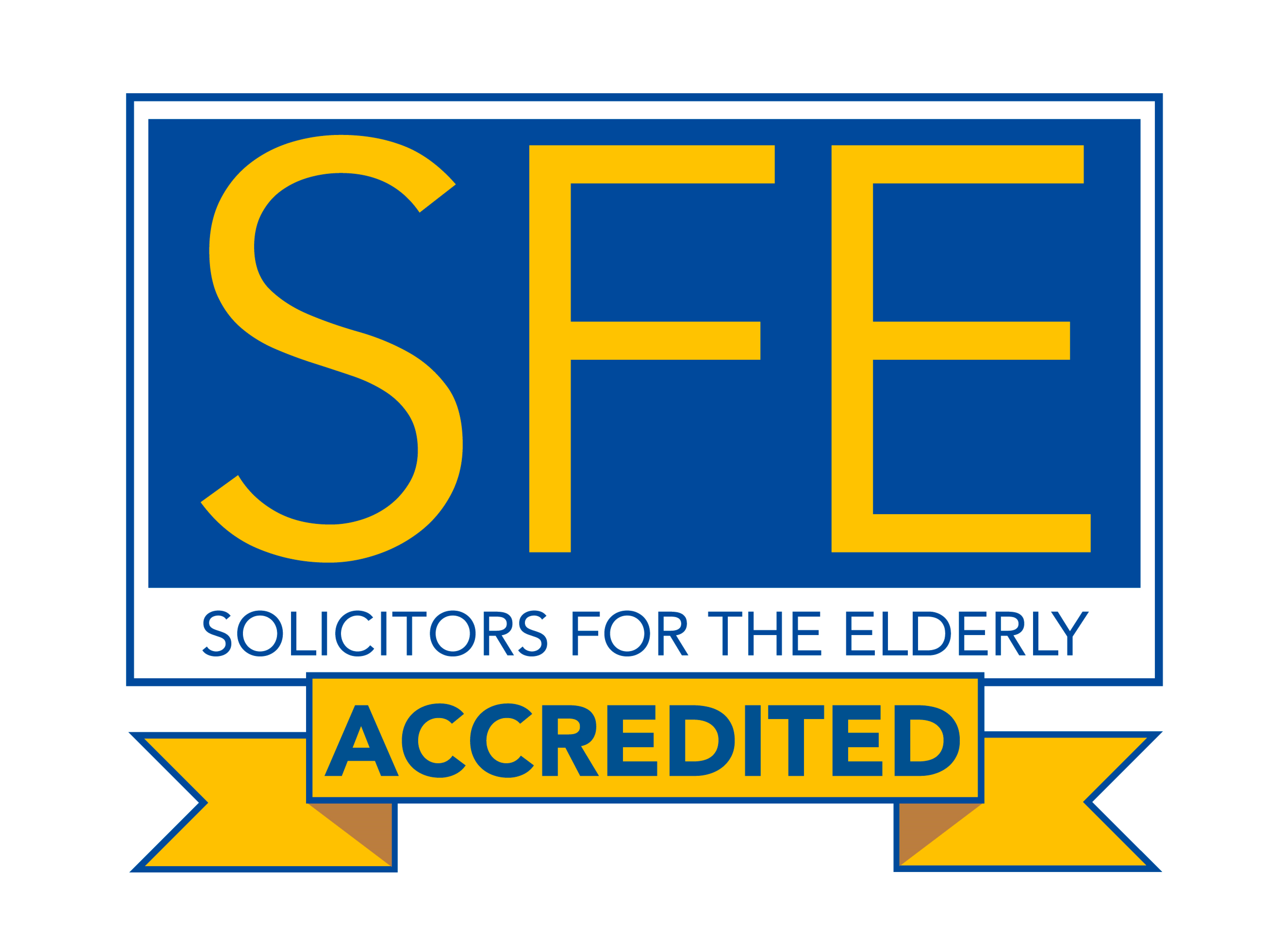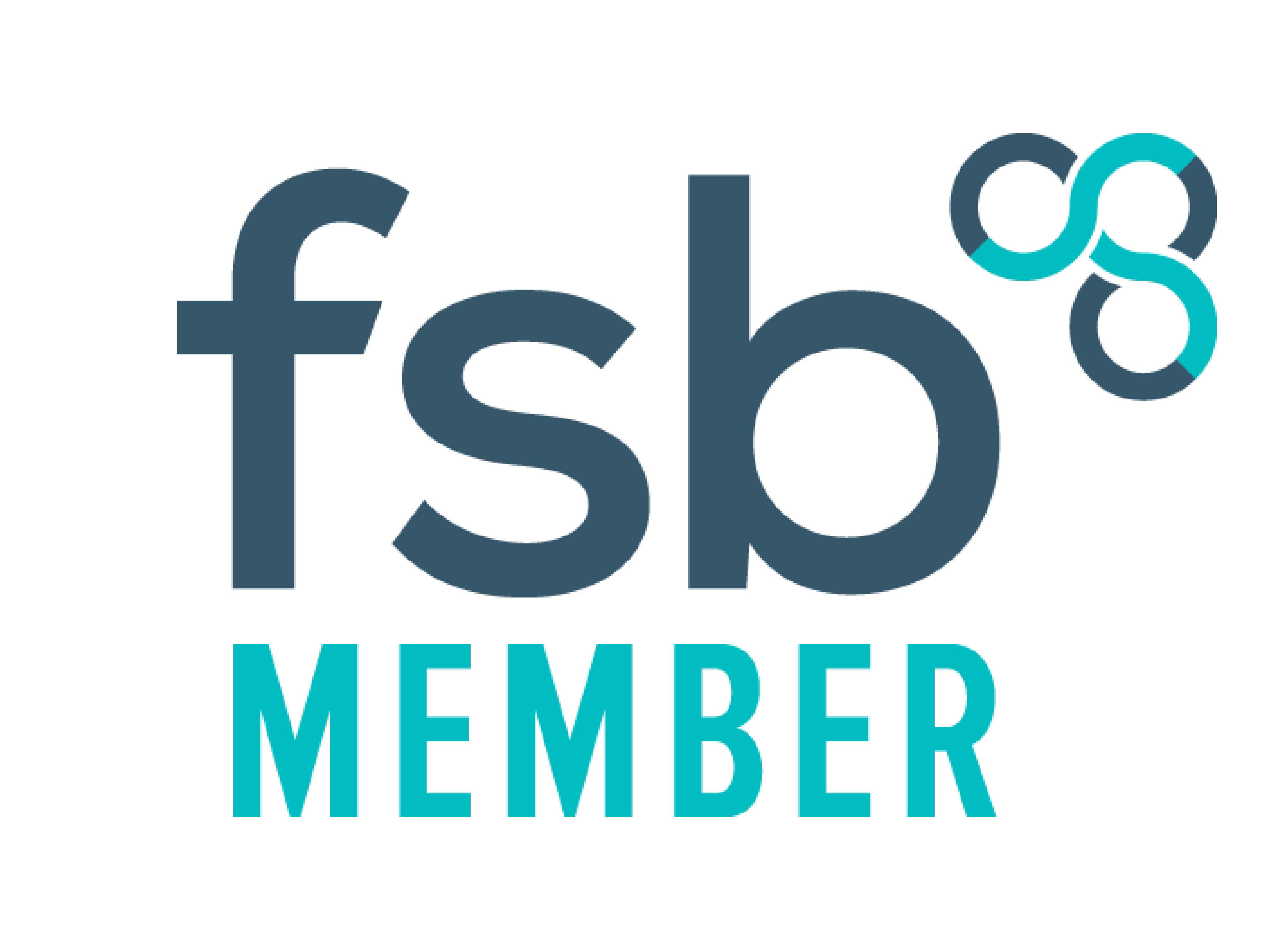The statutory Framework Guidance which is used to provide guidance as to whether an individual is entitled to receive Continuing Healthcare funding has been reviewed.
Since November 2012 when the Framework Guidance was amended following the court case of Coughlan, public sector funding has altered; also we’ve seen more people become aware of the availability of this type of funding and more recently in the South West and yet, sadly, more people being declined funding where in years gone by it would have been awarded.
The framework identifies how decisions have to be made by Clinical Commissioning Groups (CCGs) as to whether an individual is eligible for NHS Continuing Healthcare (CHC).
Within the new framework which has been effective from 1st October 2018 it looks as though there have been some changes:
- The guidance on the use of the screening checklist has been changed
- Allegedly, there is a clearer process for challenging eligibility
- There is stronger direction in relation to the resolution of disputes between CCGs and Local Authorities over funding responsibility.
Unfortunately and somewhat distressingly there has been no change to eligibility criteria and individuals are still facing the challenge of establishing a primary healthcare need, which is the fundamental basis for receiving funding.
There have been changes to the timings of the CHC assessments when the individual is in hospital, and the nature of the 3 and 12 month reviews.
If a patient is in hospital currently on discharge a CHC checklist is completed as a screening tool to work out whether a full CHC assessment is required. As from October 2018 this will remain mostly the same except for updated design changes so it may look different.
What is changing is when there is a need for a full assessment. Too many delays in hospital discharges sees the advice that a full CHC assessment should now normally take place in the community and in the majority of cases after discharge from hospital. Currently after a positive checklist there is a requirement for the CCG to complete the full assessment within 28 days and this will remain the same.
The current 3 and 12 month reviews will continue, but the focus will now be on whether the care plan remains appropriate for the individual’s needs rather than eligibility.

Reassessing eligibility causes duress for families and individuals and under the new guidance there will be no need to reassess CHC eligibility in some instances, speeding up the process and avoiding repeated uncertainty. It looks like it is going to help towards speeding up the safe discharges from hospital and also reduce the number of individuals facing uncertainty over their funding on a repeat basis however this could also mean that if you have been assessed as ineligible that CCG’s will try to use the guidance to avoid reviewing in full.




